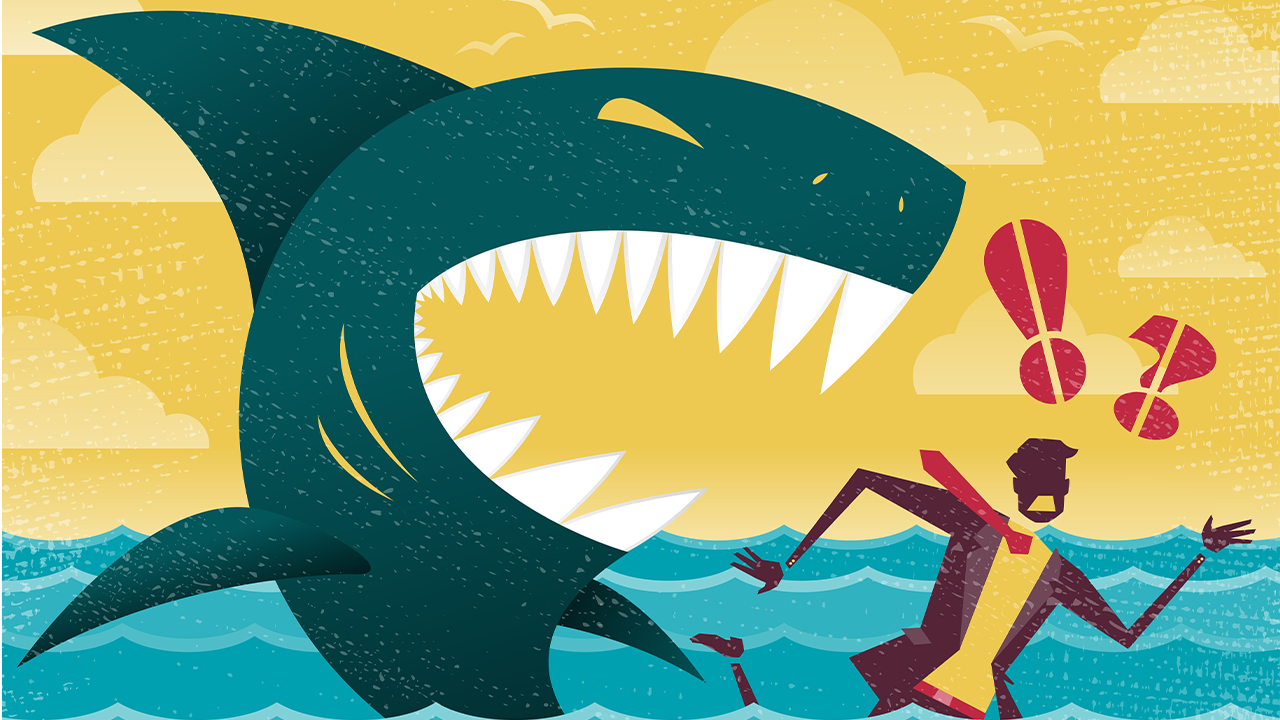
Shark Attack
During a recent business trip, I spent some time in the hotel decompressing while watching Shark Tank reruns. In a 2013 episode, Jamie Siminoff presented his doorbot concept – a WiFi-enabled doorbell that allows you to see video of and talk to people as they arrive at your front door. He was eaten alive by the sharks. Comments ranged from "why not just look out the window" to "no one will buy a wireless security device."
With no other takers in the shark tank, Mr. Wonderful proposed a royalty offer - $700,000 for 10% of revenue. Knowing he would walk out empty-handed, Jamie quickly turned down the offer, stating that it was too expensive. A very bold move!
How does the story end?
Jamie and Doorbot faced continued rejection from investors but muscled through with the help of an eventual investment from Richard Branson. Doorbot became Ring, and Ring was acquired in 2018 by Amazon for north of $1 billion!
What's the point of the story?
The Sharks missed out because they couldn't see beyond today, or worse, yesterday. After 9/11, every major metropolitan area moved to a wireless emergency alert system after the attack took down the wired system. Years later, the Sharks wouldn't buy into the use of the same technology for our homes. They certainly didn’t consider today’s remote work environment where we make daily decisions about whether it’s someone at the door that we want to disrupt our work for or Ring’s new owner delivering a package.
A leader’s job is to look forward and up to what something can be, not down at what it is.
Jamie profited because he never quit despite the naysayers and was confident in his valuation. That confidence lead to the rejection of the royalty offer, which, if accepted, may have scared away future investors and put a significant drain on the company's cash flow.
A business exists to drive enterprise value for its stakeholders. Keep score.
When asked what the difference was between zero from Shark Tank and $1 billion from Amazon, he answered, "focus on the customer need, not the hardware or technology – how can we make our customer's lives better?"
Some things never change...








